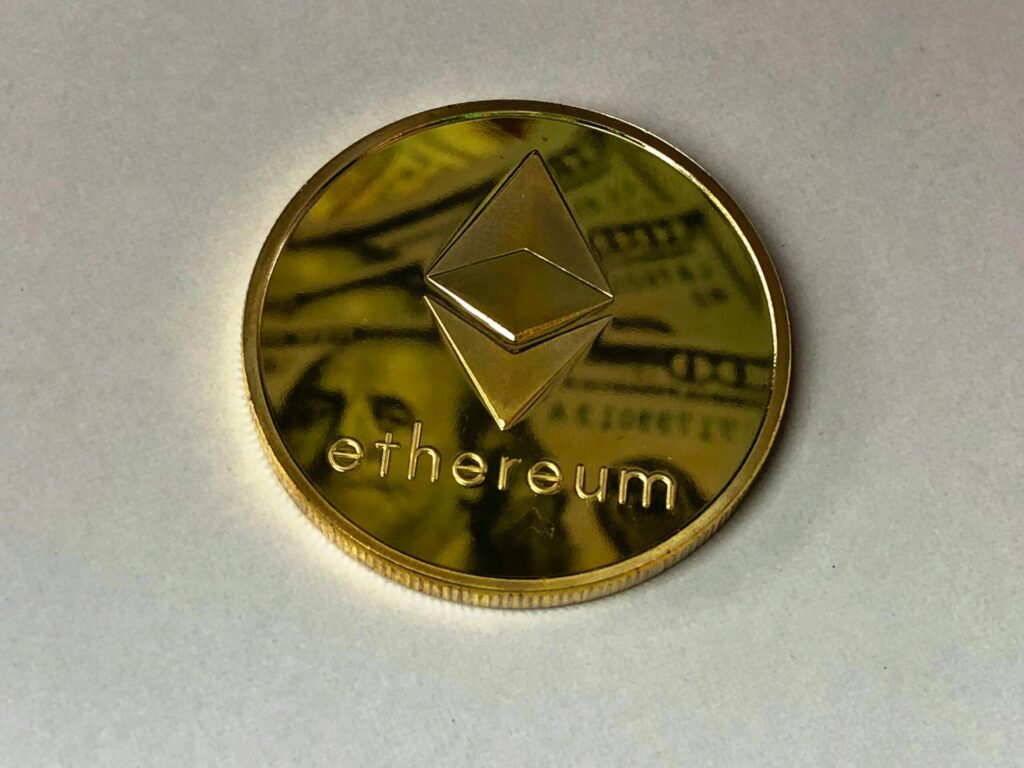Decentralized finance (DeFi) is taking its place in finance thanks to blockchain platforms like Ethereum. As a result, anyone can opt for monetary transactions without the need for intermediaries. This is very different from what conventional finance rules require, which is a centralized system, where people have to get financial services through banks and brokers. And it seems that Ethereum is leading the way when it comes to giving DeFi the support it needs to become more mainstream. Well, this is great news for crypto enthusiasts who can always check the Ethereum to US Dollar exchange rate before any financial transaction on the platform. But what makes this platform so favorable for DeFi to thrive? Let’s read on to understand why this is so, and much more.
Diving into the rise of DeFi on Ethereum
Ethereum is now the most sought-after platform for building many DeFi applications and protocols. For example, it supports smart contracts that allow developers to create complex financial protocols. In case you’re wondering what that means, these contracts theoretically can’t be changed by anyone once they’re already on the Ethereum blockchain. In other words, this helps protect those involved in a financial transaction on the platform.
Another credible reason for Ethereum’s ability to power DeFi is its decentralized exchanges or DEXs. But what exactly are they? They are simply financial marketplaces where people can conduct their crypto-based financial transactions without the help of a bank, payment processor, broker, or middleman. Thanks to smart contracts, transactions on DEXs are secure. Additionally, users can enjoy greater transparency and control without worrying about high fees. Thanks to Ethereum-based DEXs, DeFi has become safer for everyone.
For example, Uniswap has become a favorite because people can trade their Ethereum-based tokens without the need for a centralized exchange or order book. Because of this feature, supply and demand are virtually non-existent here; instead, Uniswap uses an automated market maker (AMM) system that is powered by a mathematical formula based on its current version. There are also alternatives for users who don’t like Uniswap, such as PancakeSwap, SushiSwap, Balancer, and Curve Finance.
Ethereum also hosts Compound, another DeFi protocol that allows users to lend or borrow cryptocurrencies while avoiding third-party interference. Lenders can earn interest, and bonus COMP tokens are available to anyone using the protocol. Compound also uses an algorithmic interest rate system that is driven by supply and demand.
With volatility issues still present, Ethereum’s DeFi ecosystem has stablecoins, which are pegged to the value of a fiat currency (the US dollar) and are less risky. It’s worth noting that Tether’s (USDT) market cap is currently $114.45 billion. Looking at what Ethereum has to offer, it’s really no surprise that DeFi is gaining more momentum on its network.
Discover the benefits of DeFi
DeFi has indeed taken over the financial sector, and its benefits cannot be easily overlooked. For example, its decentralized feature incentivizes financial players to give it a try. Since DeFi protocols operate without a centralized authority, there is more transparency and bad actors can find it difficult to manipulate contracts or perpetuate fraud. And people only need an internet connection to do their business on the platforms from any part of the world.
Without a centralized system, people can control their finances as they wish. Ethereum’s cryptography and data protection, which remain constant in ensuring data security and safety, further improve the situation. Since Ethereum loves financial experimentation and innovation, people with the right skills can develop and launch new DeFi protocols.
Assessing DeFi Challenges
DeFi has certainly made financial transactions easier, but it’s not foolproof. For starters, users will find that scalability is a challenge for many blockchain networks. Ethereum, for example, can only support a few transactions per second, and users are less likely to appreciate congestion issues and slower confirmation times. High transaction fees don’t help either.
While smart contracts are seemingly impossible to manipulate, it is quite worrying that they are not completely foolproof in practice. It may be harder for hackers to exploit these contracts, but this possibility has not been eliminated. The 2016 hack of the DAO, which cost millions of dollars, is a glaring example of what can happen when hackers get their hands on smart contracts. There is also a lack of defined regulatory frameworks and complex protocols, which makes their use intimidating for the inexperienced.
The essentials
DeFi is becoming more and more mainstream in the financial sector, which is not surprising, as it has a lot of potential. Ethereum has proven its worth in running various DeFi protocols and applications. It is decentralized, accessible, innovative, and efficient. But DeFi still faces challenges in terms of regulation, scalability, and security. But as blockchains and DeFi evolve, these issues may receive the necessary corrections in the near future.
No spam, no lies, only insights. You can unsubscribe at any time.

